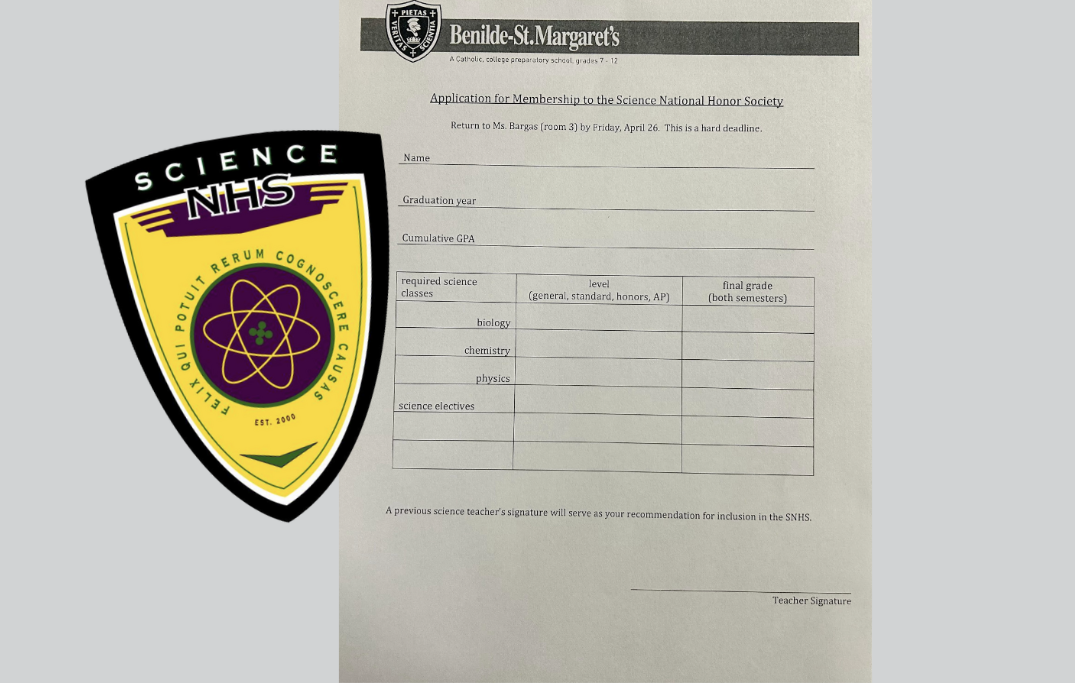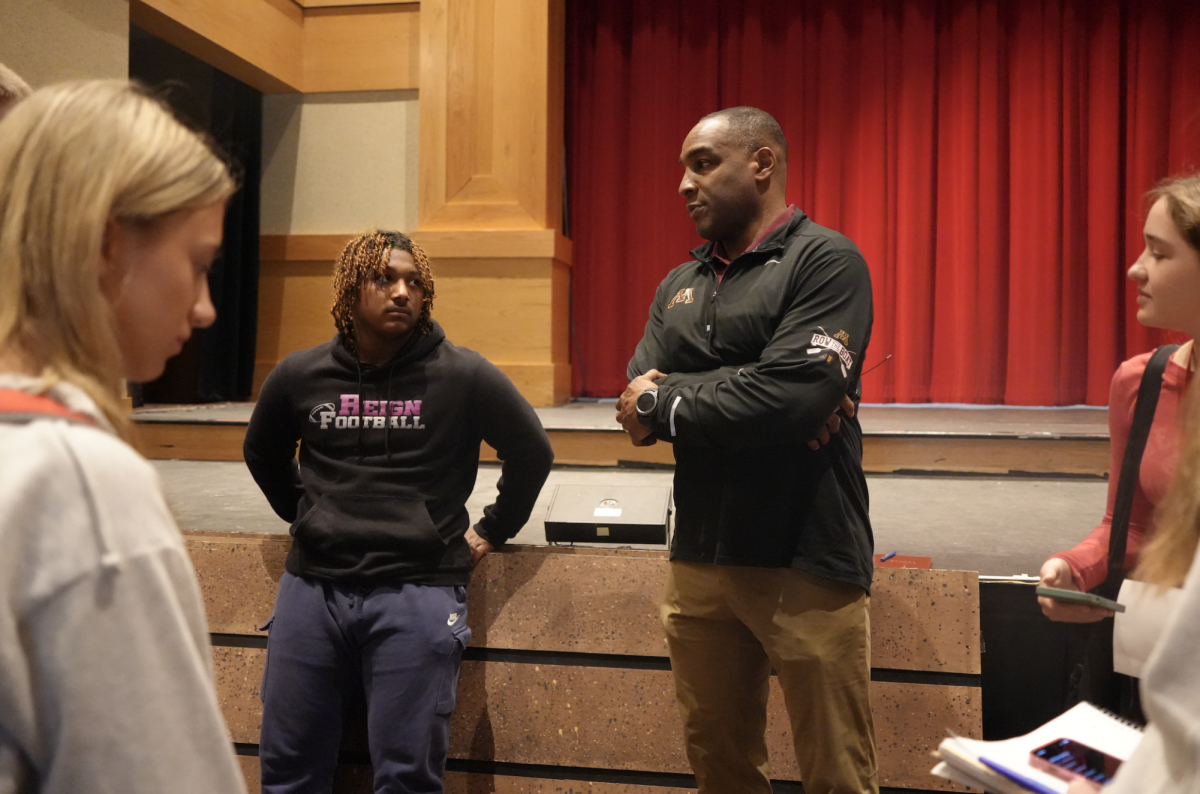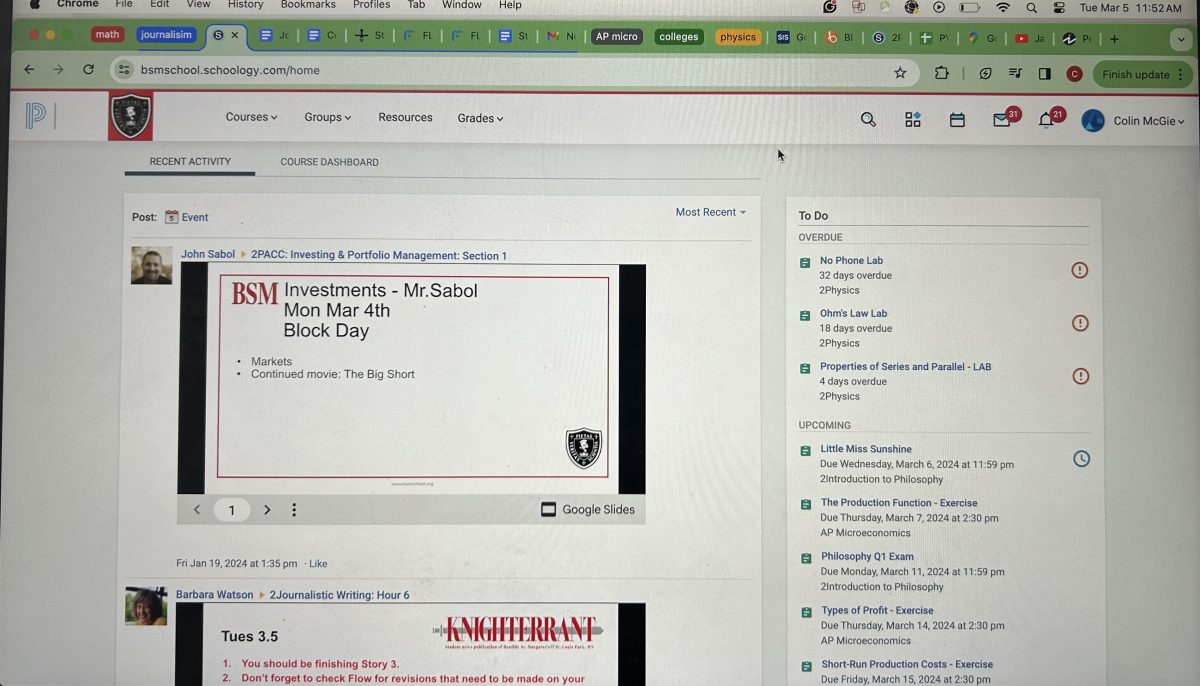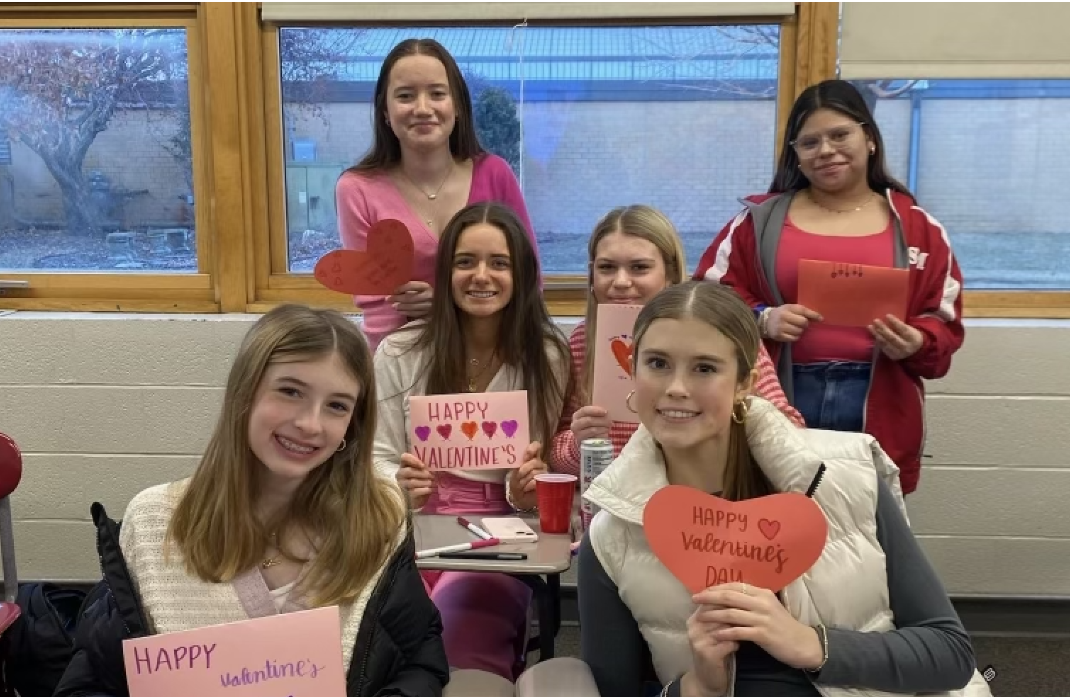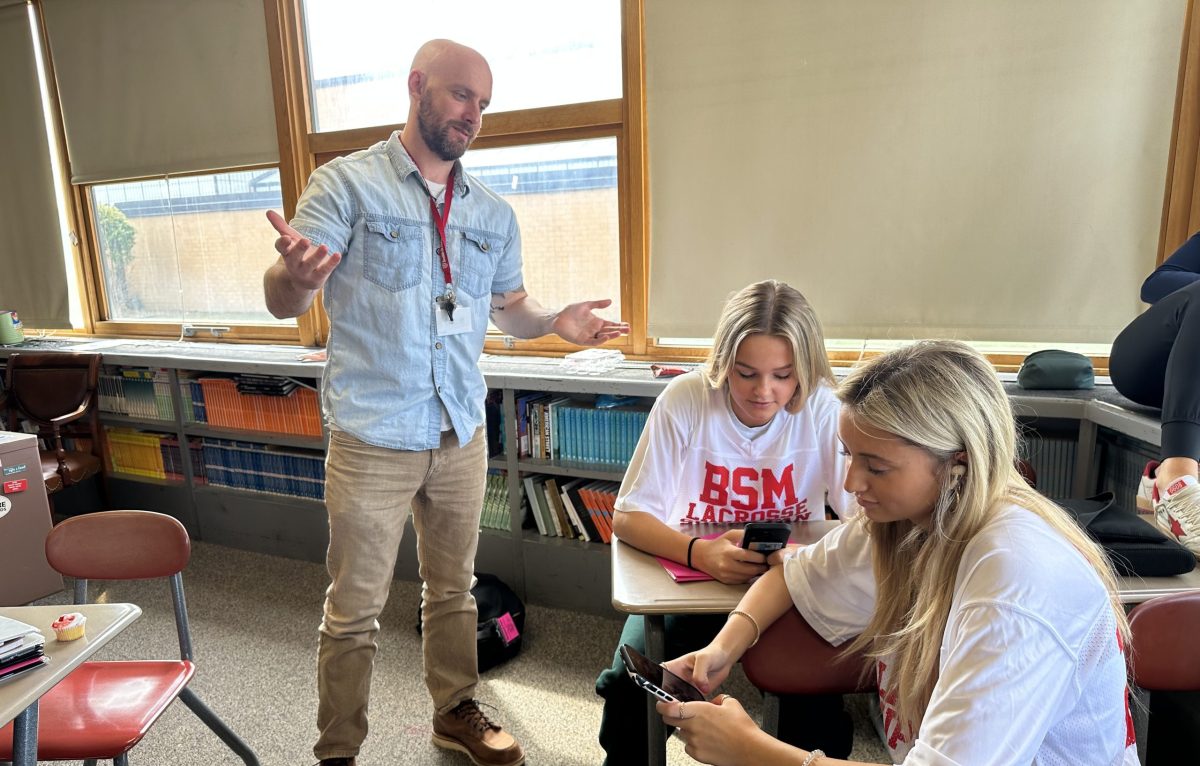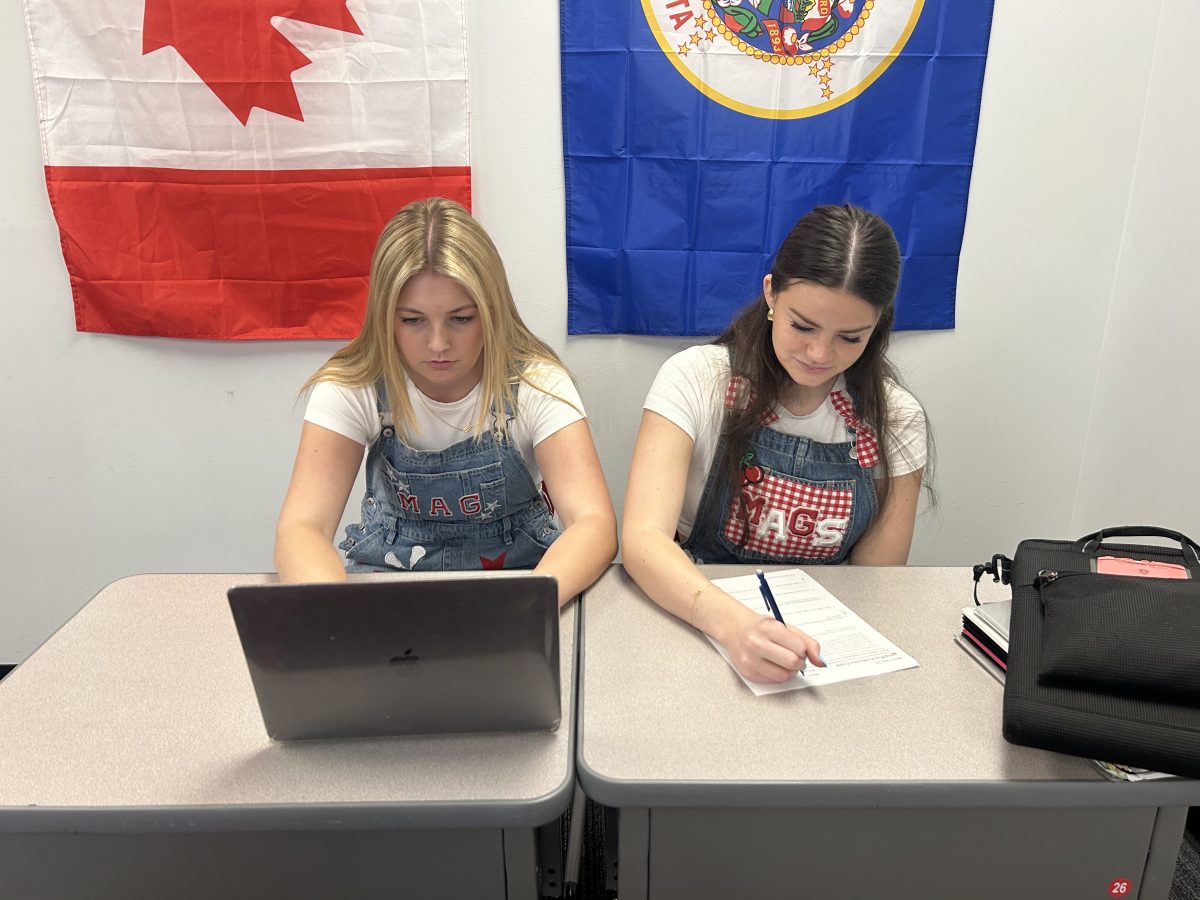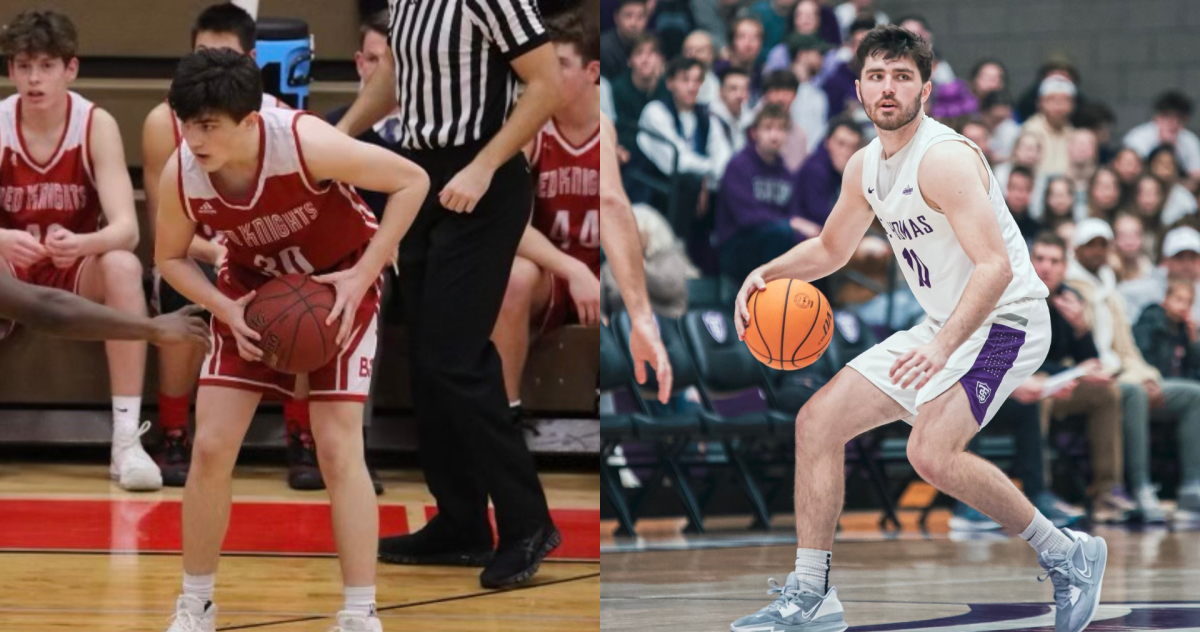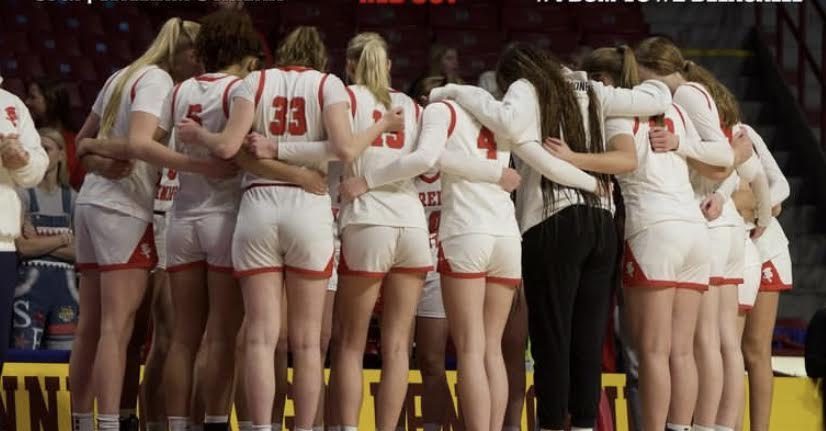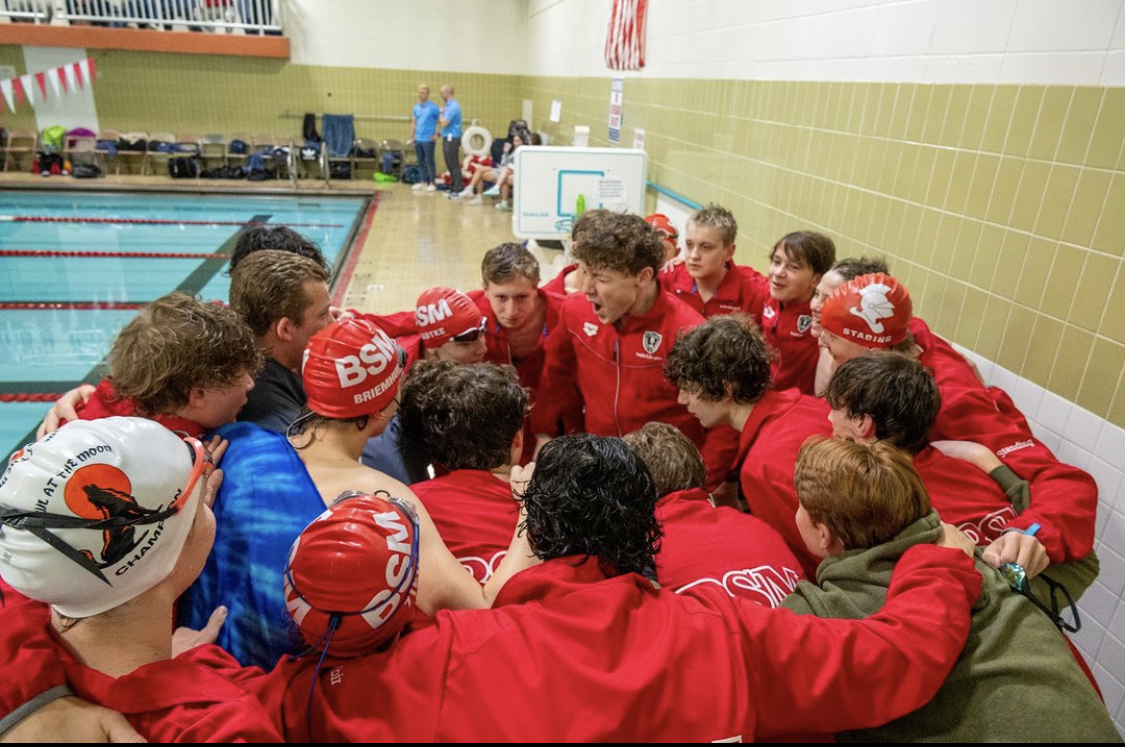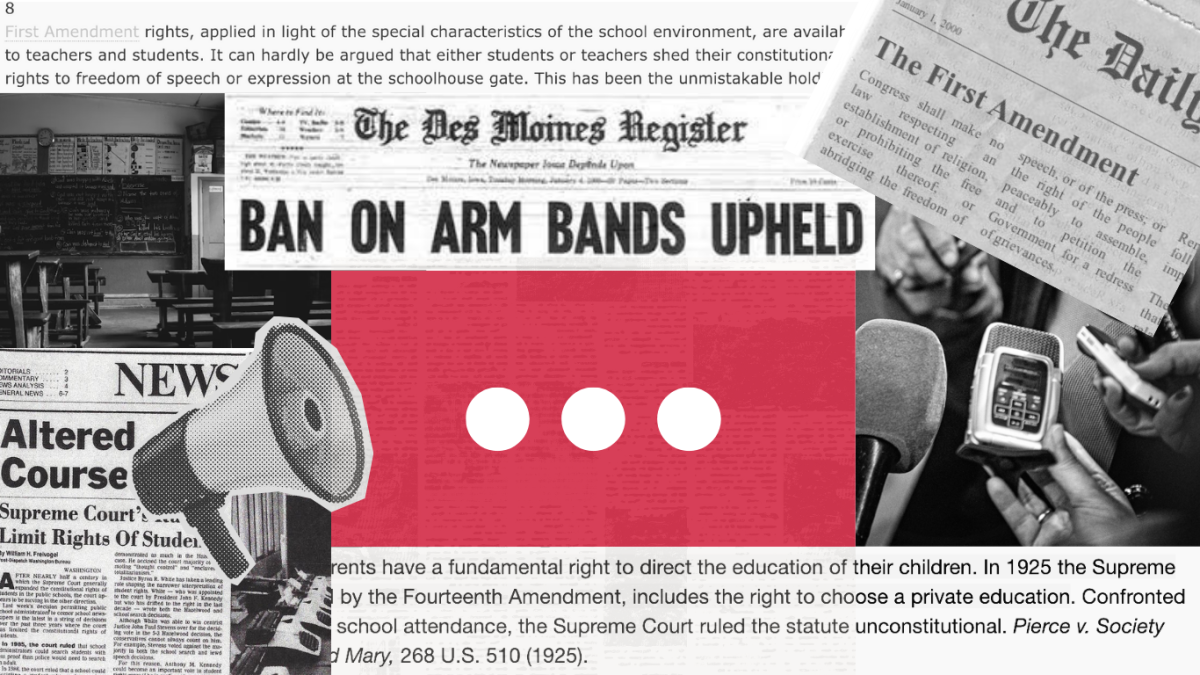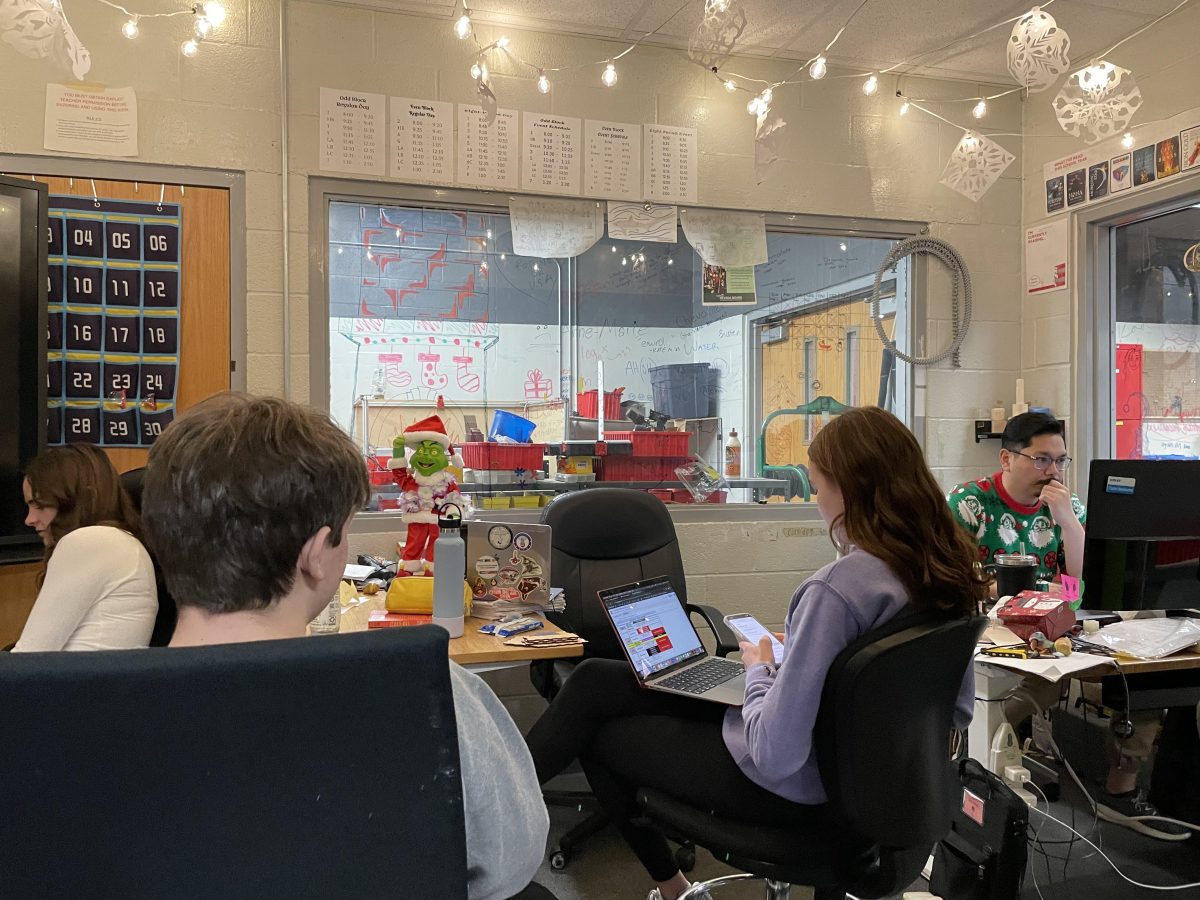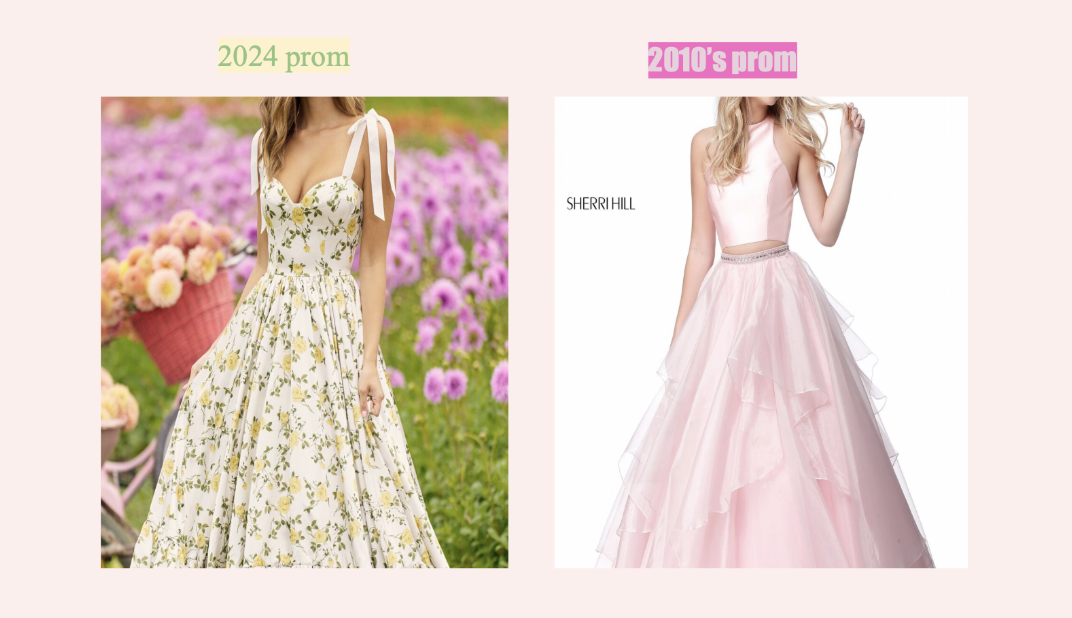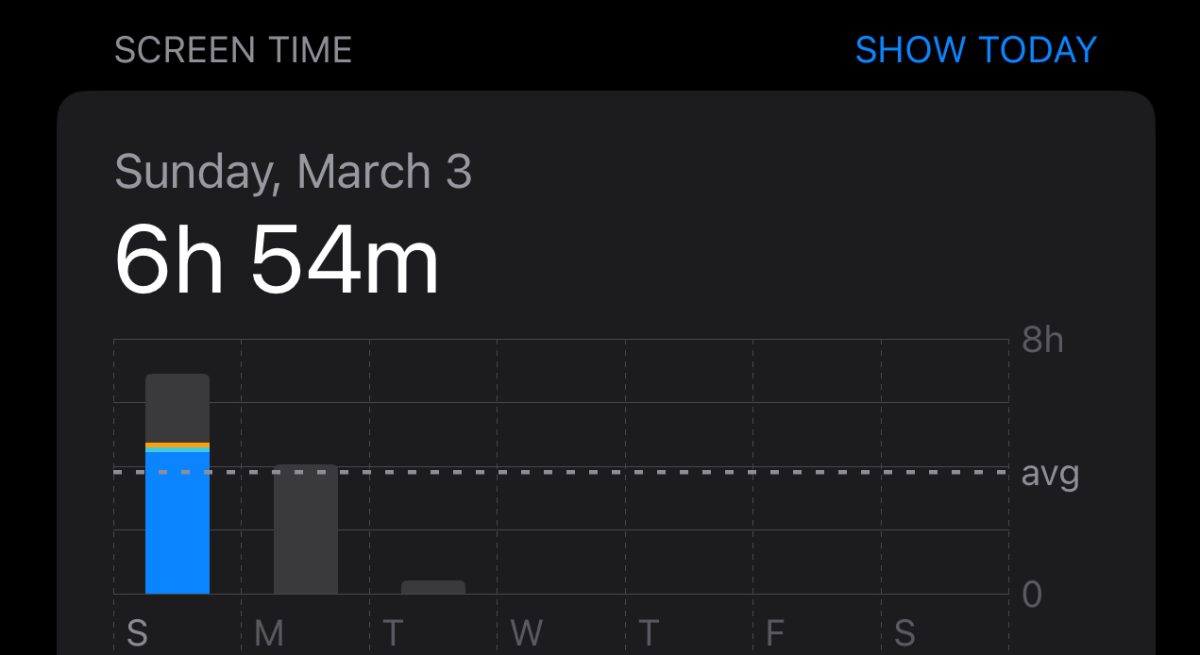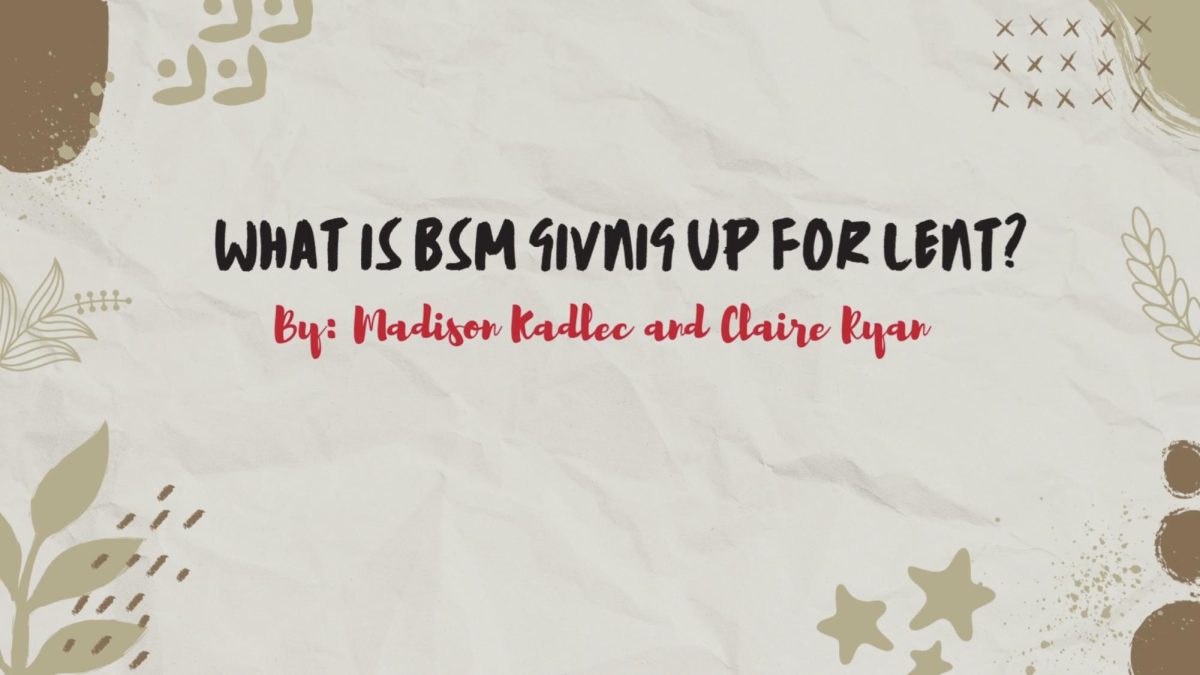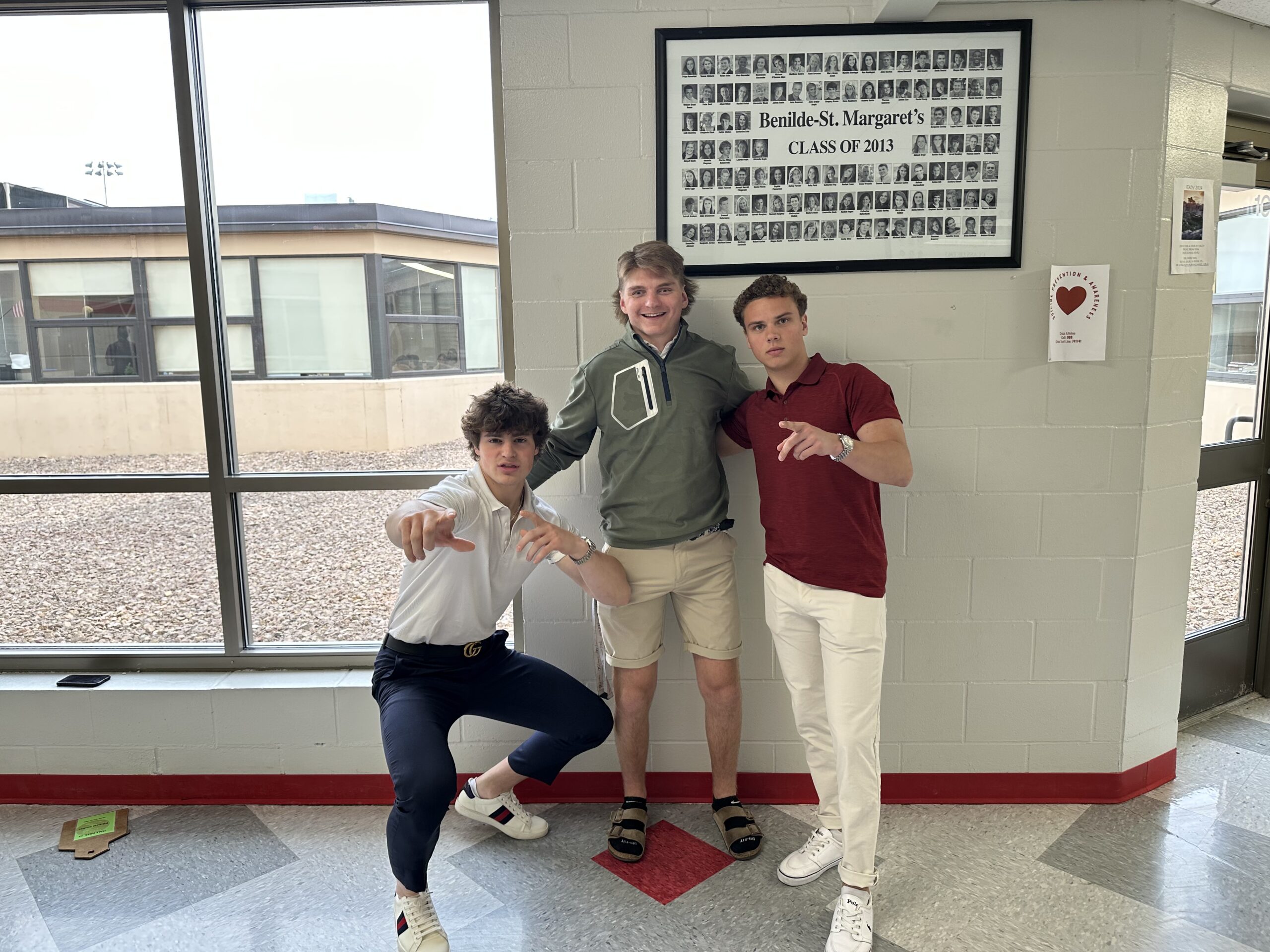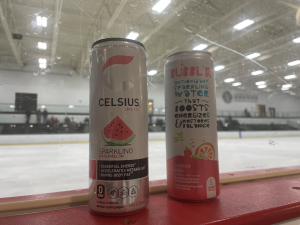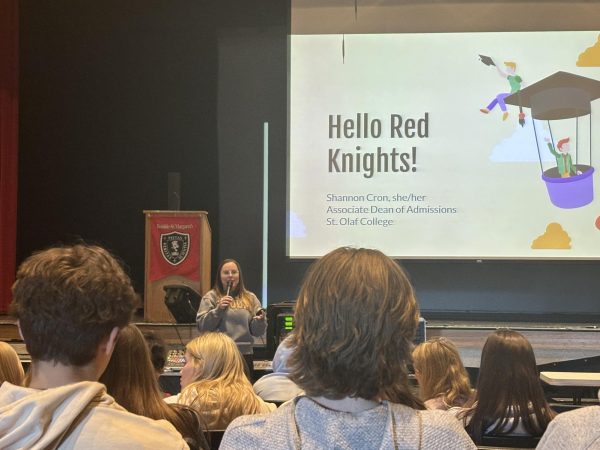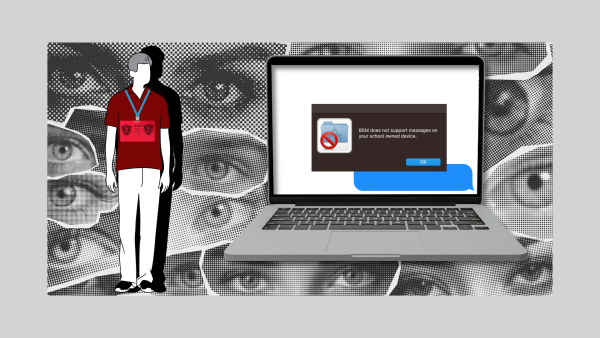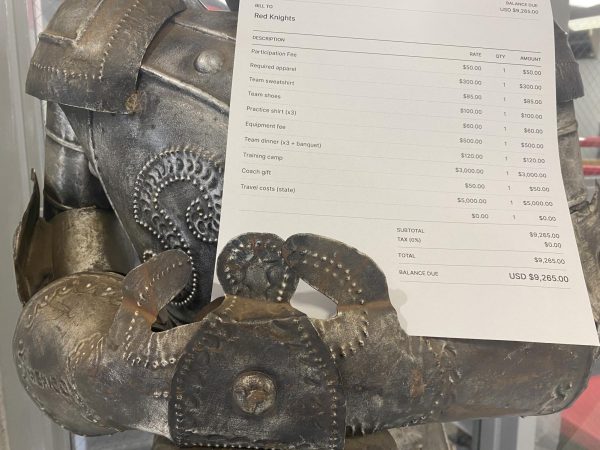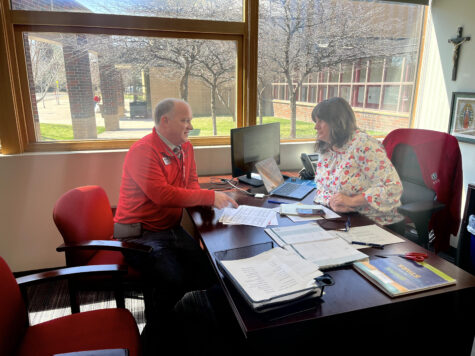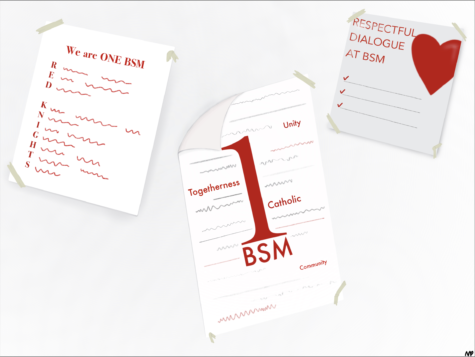Staff Ed: Curriculum needs to include current events
May 12, 2017
The ultimate goal of Benilde-St. Margaret’s and most high schools is to guide students to be thoughtful and compassionate adults so that we are effective in the world. Much of high school is learning how to learn, building life skills, and creating a foundation for career-relevant knowledge we will learn later on, yet so many important topics and ideas are still confined to one class. High school curriculum has to become more interdisciplinary and involve current events in order to ensure that future generations are more educated. BSM’s mission is to educate global servant leaders, but in order to enter the workforce as prepared globally-minded citizens, we must practice using open-minded reasoning skills, drawing information from across subjects, and considering the impacts of our decisions from various perspectives within the classroom setting.
While BSM does offer select classes that address current topics, discussion of these ideas should not be limited to just one subject. Every junior is required to take a theology course on morality, but there’s no reason that the ethical dilemmas discussed in this semester-long course can’t be integrated into other classes. For example, the study of literature shouldn’t be limited to themes and symbols. Many of the pieces already present within BSM’s English curriculum bring up uncomfortable but important topics like healthy versus abusive relationships, drug and alcohol abuse, and sexual consent, yet too often conversations that explore these topics as more than a tool for character development are brushed aside to be covered in a semester- long freshman health course. For many of these issues, one discussion is just not enough. Our education shouldn’t be limited to the content of a textbook, but should strive to fit within the context of our greater society. In order to perform most productively in our chosen careers, we must be able to cross apply our knowledge. A successful medical doctor can’t focus solely on medicine; expert doctors partner their professional knowledge with ethical competency, public speaking, and cultural competency. Interdisciplinary learning is an underutilized resource that will undoubtedly serve students in every area of our lives.
The integration of current issues into the classroom is especially important in today’s age of unlimited information. Sensational journalism continues to vie for our clicks and polarize the population. Learning about the news of the world in the classroom exposes students to credible and diverse sources, allowing them to independently formulate educated opinions outside of the influence of social media and click-bait articles. The classroom discussion of these issues, especially from an early age, can teach students to engage in respectful, open-minded conversation about issues important to our globalized world. Exposure to such an environment is imperative in a time when people form opinions from the articles and videos that show up on their personalized timeline, often an echo chamber of their own perspective.
These conversations are difficult and uncomfortable for many, but that’s all the more reason to start practicing them sooner and more frequently. In order to make responsible decisions as “global servant leaders,” we must be comfortable with considering the validity of opposing viewpoints and have a background of thinking across subjects so that we can connect layers of history and diverse perspectives to address a worldly issue.
While many classes at BSM already include projects to challenge students’ interpretation and test our application of current, real world issues, the need for expansion of this skills based method is dire. Introducing current events into curriculums across subjects augments a student’s exposure to the world and others’ opinions in a factual and explorative way that fosters critical thinking and informed connection. As students, we should no longer accept learning facts without any deeper thinking into their effect, and teachers need to be bold with their inclusion of content that asks students to connect and interpret information about our world.

